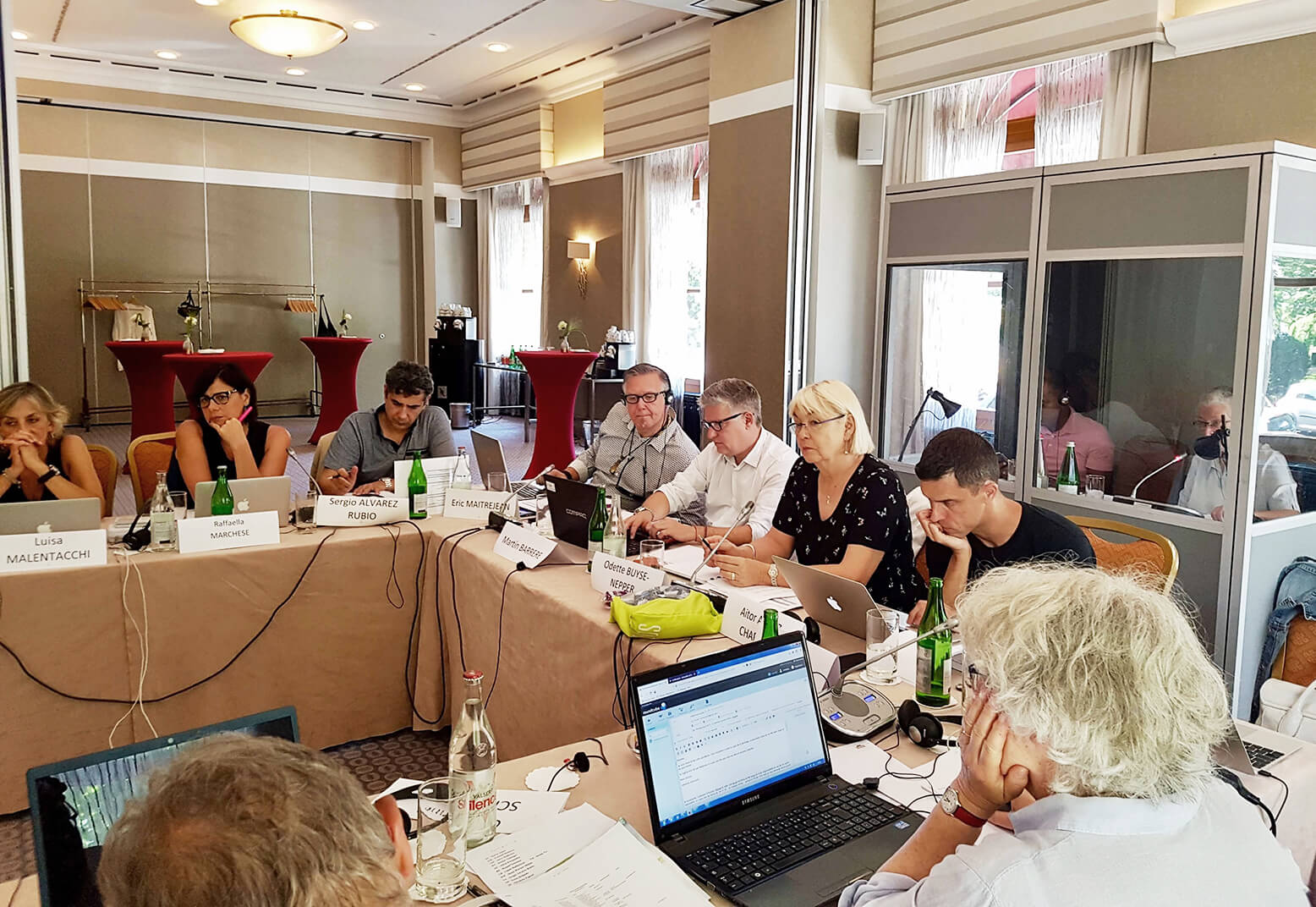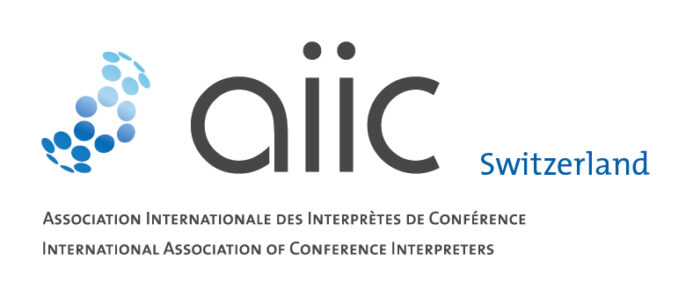How do I become a professional conference interpreter?
Conference interpreters transmit spoken text from one language to another. They work for international organizations, national governments and ministries, the corporate and financial sectors, associations, etc.

Professional profile
Most conference interpreters are self-employed freelances. They have to be very flexible in terms of when and where they work. Irregular working hours and work in the evening or at weekends are not uncommon. And some interpreters travel a great deal.
As freelance conference interpreters generally work for numerous different clients, they have to be able to cover a broad range of subjects (technology, business, law…) and often need to read up on complex subject matter.
Staff interpreters may work for a national organization such as a ministry or for international organizations. They have a regular salary, but usually have to show the same flexibility about when and where they work as their freelance colleagues.
Training
Interpreters undergo specialized post-graduate training before starting out. They learn the core skills required to work as a conference interpreter:
- Interpreting techniques (simultaneous and consecutive interpreting in different settings)
- What international organizations do and how they work, including study visits
- Preparing meetings, knowledge and terminology management
- Public speaking skills and voice training
- Translation theory and the latest research
- Etc.
Skill set
A certain skill set is of benefit when becoming a professional interpreter:
- A good all-round level of education
- Quick to grasp new ideas
- An ability to maintain high levels of concentration
- Powers of analysis and synthesis
- A good memory
- Flexibility and willingness to travel
- Stamina and strong nerves
- Empathy, meaning the ability to put yourself in someone else’s shoes regardless of language or cultural barriers
There are two interpreting schools in Switzerland which offer a master’s degree in conference interpretation:
The Faculty for Translation and Interpretation (FTI) at the University of Geneva
The Institute for Translation and Interpretation (IÜD) at the Zurich University of Applied Sciences in Winterthur
You can find other courses outside Switzerland on aiic.net and ciuti.org.
